Backyard Beekeeping: a beginner's guide
Backyard Beekeeping: a beginner's guide
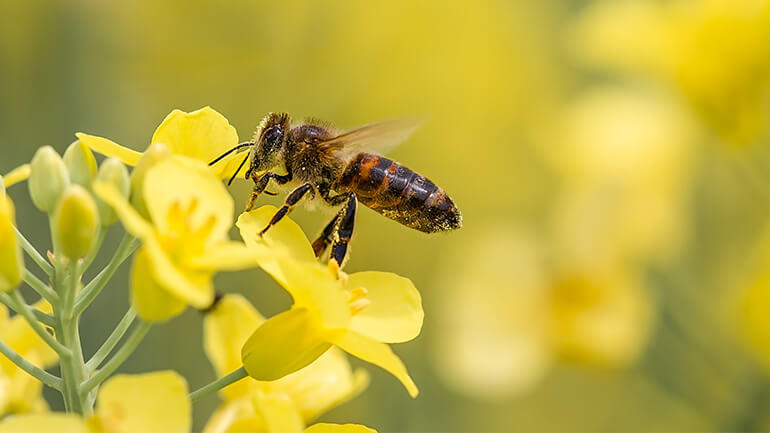
Hear a faint buzz in your garden? That’s the sound of your friendly neighbourhood bees pollinating. You might be surprised at how many of your neighbours have beehives working away in their backyards. From honey harvesting to pollination, there are great reasons to keep bees at home. And it’s the perfect summer project.
Bees are fascinating creatures with interesting habits. Like the waggle dance they perform to communicate a new source of nectar and pollen. They’re also incredibly hardworking. Honeybees visit about four million flowers to produce 1kg of honey and a single worker bee will produce about 1/12th of a teaspoon of honey in their lifetime.
New Zealand has 28 native bee species with the majority suited to pollinating our natural environment rather than producing honey on a commercial scale. Honeybees and bumblebees were brought over from England in the 1800s and commercial beekeeping began in New Zealand in the late 1870s with the implementation of the Langstroth hive. You might have seen this popular wooden box style hive.
Since then, beekeeping in New Zealand has grown from being a lifestyle hobby to a progressive industry. And New Zealand is among the most competent in the beekeeping world. The industry in New Zealand is worth approximately $5 billion with several thousand registered beekeepers around the country.
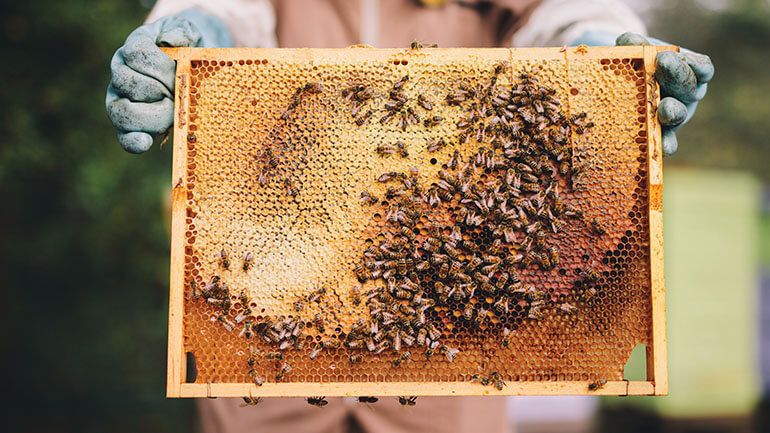
Getting started
If you’re interested in hobby beekeeping, get started by learning as much as you can to give your hives the best chance at doing well.
Simply put, bees make nests and extract nectar which is brought back to the hive where it becomes honey. It’s important to work alongside an experienced beekeeper to learn the ins and outs of beekeeping before starting your hives. Find a local club, community group, workshop, or another beekeeper to connect with and help you get started. Local knowledge is key to good beekeeping and making the most of your surrounding environment will keep your bees as happy as possible.
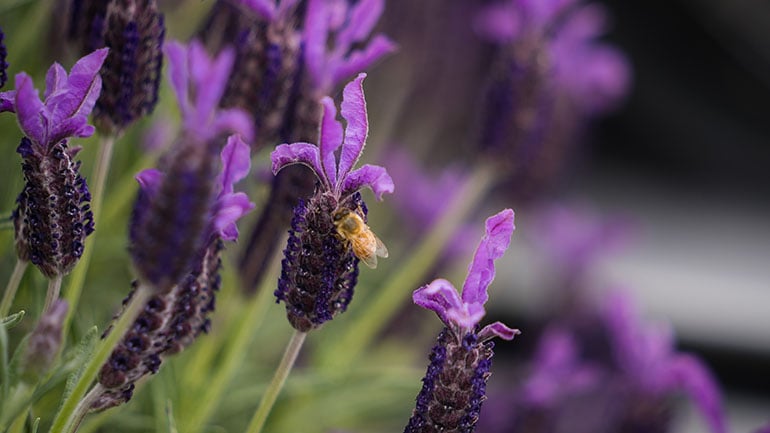
Beekeeping benefits
Beekeeping at home has plenty of benefits. Aside from the reward and satisfaction of bringing honey inside from your backyard, keeping bees will boost pollination in your garden and help you connect with your local community.
You’ll find that throughout your beekeeping journey, you become well versed in this interesting activity. Many hobbyists report becoming more aware of weather patterns and seasons, understanding plants, and other important information that helps them care for their bees. A relatively inexpensive hobby, honey can be a reward in itself. You’re likely to produce enough to share with family and friends - or make a dollar or two as your hives grow! The honey and wax you get from your bees can also grow into other activities like beeswax crafts and baking.
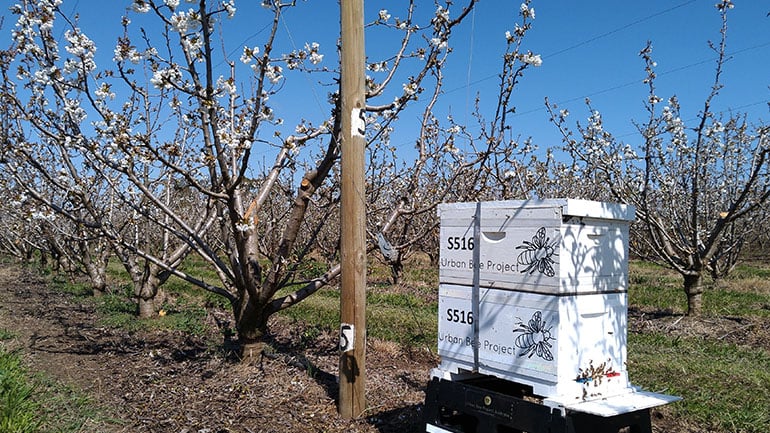
Fools rush in
While beekeeping has lots of perks and seems simple enough, there’s a lot to think about before you suit up. Do you have suitable space for hives? Is there enough food for the bees in your area? Is your backyard suitable for bees or do you need to provide wind shelter? Do you have the time and energy required to maintain a beehive?
Placing your hive behind a building, screen, or hedged plants can help keep hives out of the way while providing a windbreak. This also encourages your bees to fly up and away as they come and go from their hives which avoids having them buzz around at human height.

The legal stuff
It is crucial to understand your local regulations and requirements for keeping bees. Also, look into any beekeeping codes of conduct. You can find this information online or through your local beekeeping group. It’s important to know your stuff, keep your records up to date, and follow all regulations so all pests and diseases can be monitored and controlled. Know that your bees can impact nearby hives, which impacts nearby plants and honey, so it’s important to keep your bees healthy and follow all official guidelines.

Get the gear!
It’s time to prepare your equipment. You’ll need at least a basic veil, a full suit, and gloves to be safe. Next on your list should be a smoker. At the scent of smoke, a honeybee’s instinct is to react as if there’s a forest fire and flee. Bees will duck into the hive to eat as much honey as they can before abandoning the hive, which is the perfect time for you to do what you need to while they’re occupied. The smoke also interferes with their pheromone-based communication reducing their ability to instruct each other while you finish up your beekeeping jobs.
You’re ready for your first beehive! There are a few choices, but Langstroth and top-bar hives are the most common backyard hives. An ideal hive will be easy to harvest honey from, transportable, made from good quality wood, and allow you to easily work with minimal disturbance to the bees. Beehives can go just about anywhere, from a paddock in the country to your home garden. Even an urban rooftop. A nearby water source is critical while easy access and minimal wind are important things to consider. Setting hives up off the ground can make them easier to move and work with but they should always be level.
What about the bees?
There’s only one thing missing from your hive set-up… bees! There are many ways to purchase bees and it’s best to do your research first and verify every seller as legitimate and reputable with healthy bees, free from disease. You can either collect a swarm, purchase an established beehive (9-10 frames), or a colony in the form of a nucleus (4 frames).
Beekeeping comes with its fair share of ups and downs, so being well prepared is key. Learn as much as possible before starting and work alongside an experienced beekeeper as you learn the ropes. Then sit back and enjoy your busy little friends coming and going from their hive.
With plenty to learn, beekeeping is a great hobby to share with family and friends. And a fun excuse to connect with your local beekeeping community. Join a club first and foremost and work with other beekeepers and enthusiasts to gain as much knowledge as possible. Attending workshops and courses to learn tips and techniques is an important part of beekeeping and doing the best you can for your bees.
by Ryman Healthcare | Dec 21, 2021
Subscribe to our blog newsletter
You May Also Like
These Related Stories

John's blister-pack blitz
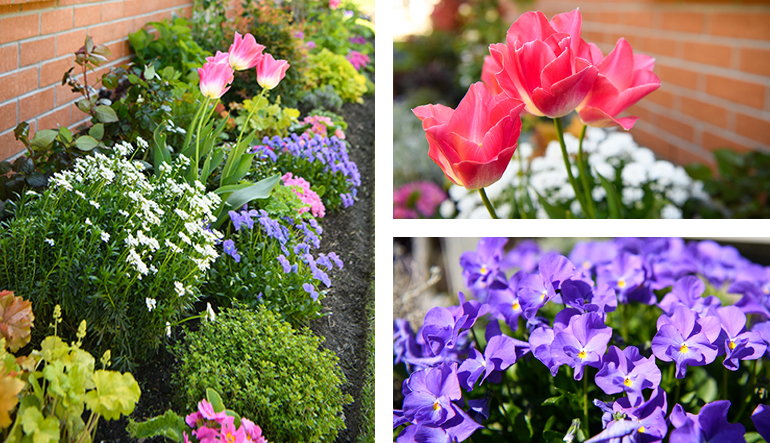
Top tips for a garden that's small but beautifully farmed

